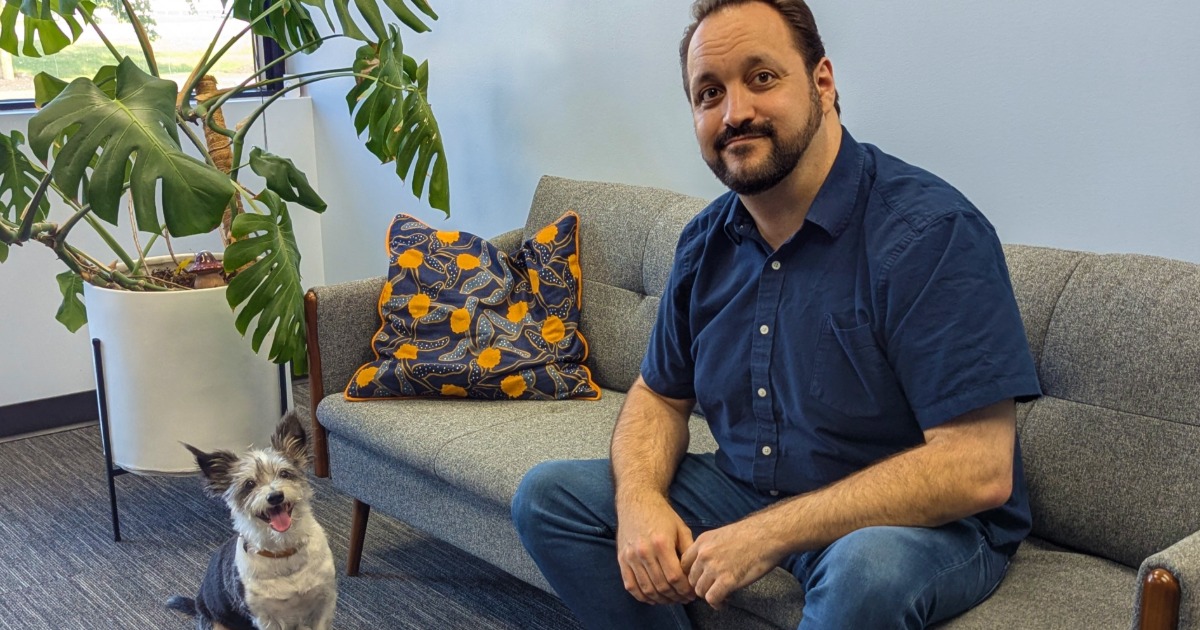Digitizing clinical quality measures, also known as eCQM, isn’t just about meeting government requirements. It’s also about healthcare organizations smartly using electronic data to drive decisions, said Keith Woeltje, MD, director of healthcare informatics at the Center for Clinical Excellence at BJC HealthCare.
“It’s not just about the government, but what we choose to do ourselves,” he added.
Woeltje is responsible for informatics, analytics and reporting at BJC HealthCare, in addition to leading its clinical quality measurement group. He will deliver a presentation on eCQM at HIMSS16.
See all of our HIMSS16 previews
Woeltje said his team found electronic measures easy to use on patient adverse events and other subsequent events. However, while BJC HealthCare met the Centers for Medicare and Medicaid Services meaningful use requirements, there were “enormous discrepancies” with the health system’s EHR data.
Woeltje will present on eCQM and BJC HealthCare’s successful implementation at HIMSS16 in Las Vegas. In his session, “Reconciling Abstracted to Electronic Quality Measures,” Woeltje will discuss BJC HealthCare’s integrated transition to electronic quality measures and his findings and recommendations, using abstracted measures.
[Also: CMS makes annual update to 2016 eCQMs]
It was the aforementioned discrepancies that led BJC HealthCare to partner with Encore, a healthcare IT consultancy, to analyze these gaps and manage workflows and EHR data. “We wanted to tease those out,” Woeltje said.
“We met the requirements, but given that this will be the way we report clinical quality in the future, we needed to it reflect our actual quality of care,” Woeltje said.
Going through the audit and discrepancy process was enormously helpful for successfully implementing eCQM. But there’s no tool that can fix these gaps, Woeltje said.
While BJC HealthCare could have continued to use certified EHRs and forced the workflows to capture data to reduce gaps and improve the quality of care, the health system turned to the physicians to discover what was needed to “use electronic data to focus on internal issues for electronic surveillances,” Woeltje said.
“No health system is thinking about adding more projects,” Woeltje said. “Hospitals want to focus on solutions to reduce errors and become as efficient as possible.”
[Like Healthcare IT News on Facebook]
Woeltje and his team at BJC HealthCare planned the integrated approach when they noticed more quality programs were moving into eMeasures. The results from BJC HealthCare’s transition can prove helpful for those organizations considering similar changes.
The session “Reconciling Abstracted to Electronic Quality Measures” is scheduled for Tuesday, March 1, 2016, at the Sands Expo Convention Center in Palazzo D. HIMSS16 runs from Feb. 29-Mar. 4.
Twitter: @JessiefDavis
This story is part of our ongoing coverage of the HIMSS16 conference. Follow our live blog for real-time updates, and visit Destination HIMSS16 for a full rundown of our reporting from the show. For a selection of some of the best social media posts of the show, visit our Trending at #HIMSS16 hub.


